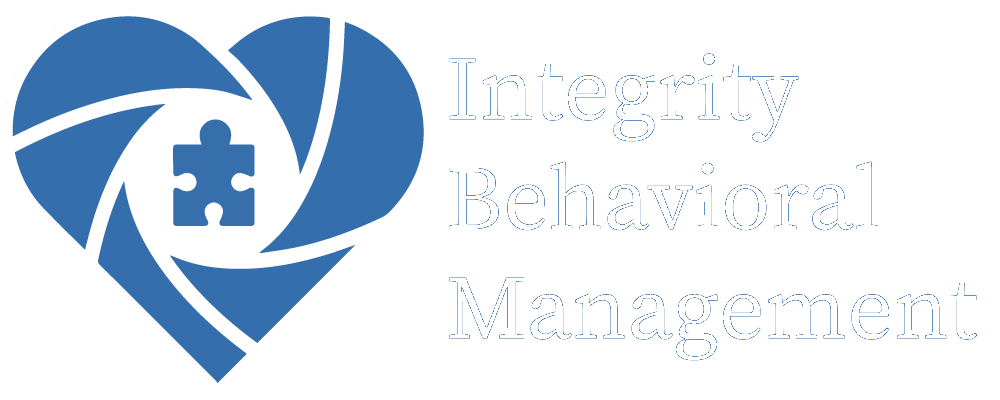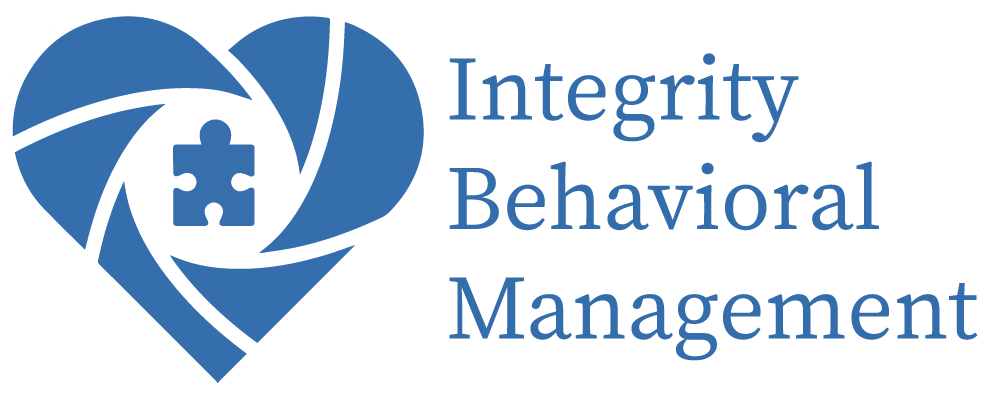As mentioned in the previous post, one of the fundamental ways to build a support network is by way of an hobby. A hobby not only can help you find a community, but it can also help you create a sense of focus in the realm of recovery. Lets’ look at some ways hobbies can help those who are on the recovery path.
Finding a Hobby
The first step in finding a hobby is first asking yourself, “what do I like to do?” What brings enjoyment in your life or what is an activity that gives you motivation to keep going are questions we can ask ourselves when seeking out a hobby. Once we find that hobby then the pathway to recovery starts to become clear.
How hobbies help fill the time that once was occupied by substance abuse
- Early Recovery often leaves people with large gaps of free time that were previously used for substance use.
- Engaging in activities like painting, music, sports, etc fills that time with structure and purpose, reducing boredom and temptation to relapse.
Reducing Stress and Anxiety
- Stress is one of the common triggers for relapse.
- Creative or Physical Hobbies promote relaxation, mindfulness, and stress relief.
Rebuilding Identity and Self-Esteem
- Addiction can erode a person’s sense of self or who they are.
- Mastering a new skill or reconnecting with an old passion rebuilds confidence, provides a sense of accomplishment, and helps build a positive image of self.
Creating healthy social connections
- Isolation is a common challenge in recovery.
- Many hobbies offer opportunities to connect with sober and supportive individuals and groups, which can help combat loneliness and build a community.
Supporting Routine and Discipline
- Recovery thrives on schedule and routine.
- Regular engagement in a hobby can instill discipline, help maintain a daily schedule, and provide something to look forward to each day.
Boosting dopamine naturally
- Substance use often hijacks the brain’s reward system.
- Pleasurable activities (fishing, dancing, martial arts, etc) can help restore the brain’s natural ability to produce and respond to dopamine, supporting emotional balance and well-being.
Preventing relapse by providing purpose
- A sense of meaning and purpose can protect against relapse.
- Passion projects and personal interests can give life meaning beyond sobriety, motivating individuals to stay clean in pursuit of goals they love to do.
List of Hobbies that can help with Sobriety
- Hiking
- Running
- Rock Climbing
- Swimming
- Fishing
- Martial Arts
- Painting
- Photography
- Joining Book Club
- Learning an Instrument
- Gardening
- Meditation
- Knitting
- Coloring
- Joining a cooking class
- Learning a new language
Having a Hobby is beneficial to maintaining a sober mindset, reducing anxiety and stress, creating social connections, preventing relapse by providing purpose, supporting routine and discipline, boosting dopamine naturally, and replacing the time that was used for substance abuse.





